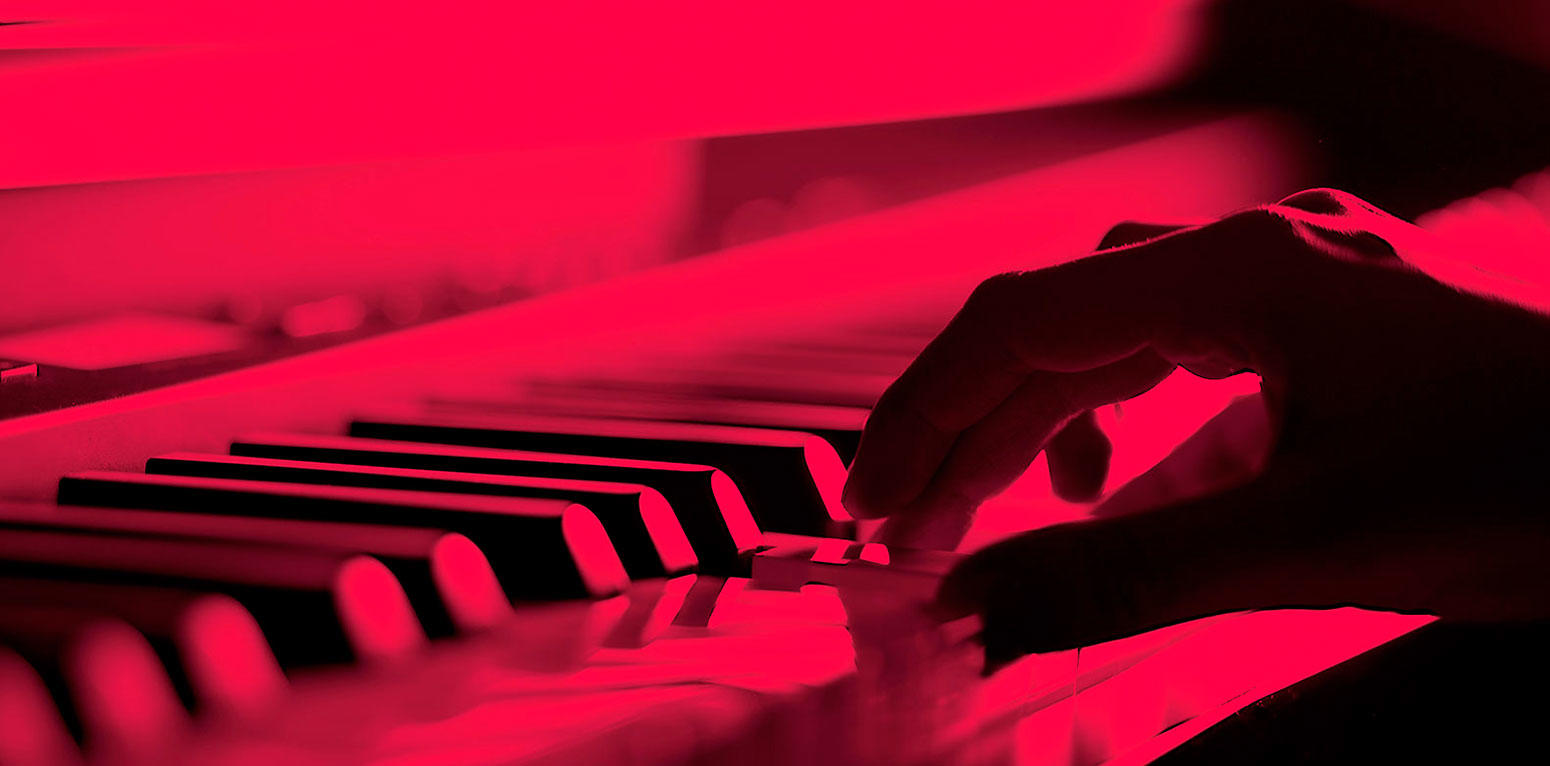
" Ludica II "
Electric guitar, saxophone, percussion, piano and band
Editions Suvini Zerboni
- Nominated for : The Young Audience Prize 2011
- Nominated for : The Musical Composition Prize 2010
Marco Momi, studied piano and chamber music with Antonio Ballista and composition with Fabio Ciardi Cifariello at the Conservatory of Perugia where he came out with top honors (2001/2006). He earned a second degree in composition with distinction in 2006, under the tutelage of Ivan Fedele at the Strasbourg Conservatory.
In 2005, He studied at the Royal Conservatory in La Haye, in 2007/2008 he is at IRCAM with Yan Maresz and in 2002, 2006 and 2008 in Darmstadt. From 1998 to 2004 he studied conducting with Ennio Nicotra. He is currently completing a doctorate at the Accademia Nazionale di Santa Cecilia in Rome with Ivan Fedele.
Since studying composition, he has won several scholarships and prizes, "VIIth International Youth Music Forum" (2001, Kiev) "What's Next-Nuova Consonanza" (2003, Rome), "Evangelisti Competition" (2004, Rome), "IIIrd Seoul International Competition" (2005, Seoul), "Lili Boulanger Memorial Fund" (2005, Boston), "Rodio European Competition" (2006, Bari)," STIPENDIENPREIS" (2006, Darmstadt)," International Gaudeamus Music Prize" (Honourable Mention, Amsterdam 2006)," International Organcommission Alkmaar" (Alkmaar, 2006)," Call-CLS 07" ( 2007, Rome), "IRCAM Reading Panel 2007", "IRCAM Reading Panel 2009" (Paris), Kranichstein MUSIK PREIS (2008, Darmstadt). In 2007/2008 he is pre-selected to compete in the Musical Composition of the Prince Pierre Foundation Prize de Monaco.
His works are played in several festivals such as - among Other - International Gaudeamus Music Week (2005-2006-2007 Amsterdam), Nuova Consonanza (2003-2004 Rome), 14th World Saxophone Congress (Ljubljana), 43 ° - 45 ° Internationalen Ferienkursen für Neue Musik (Darmstadt), Musica (2005 - Strasbourg 2008), Music Today 2005 (Seoul). It is played by Nieuw Ensemble, Duo Disecheis, Cronophonie Ensemble, ASKO Ensemble, Ensemble Algoritmo, Strasbourg Saxophone Quartet.
Since 2005, he is published by Nuova Stradivarius (Milan) and since 2009 by Suvini Zerboni (Milan).
He has lectured in conservatories and universities in Europe and Asia. He teaches harmony and musical analysis at the Conservatory of Brescia.
Catalog
LUDIC (2008) for six percussionists and electronics (14'30")
ICONICS II (2008) for ensemble (11')
ICONICS III (20098) for six voices, text by Filippo Farinelli (12')
ICONICS IV (2010) for string trio, flute, clarinet, prepared piano and live electronics
LUDIC II (2009) for ensemble and electronics (10 ')
NOTICE
Sometimes I feel the need to play games . I begin to rummage in the wonderful world of musical sounds (often "unconventional") and extra-musical, with a childlike mind, curious and entertained. Ludica and Ludica II have in common the electronic band, tearing the linearity formally objected to attempts to polymorphism, the low-fidelity as a concept midway between the acoustic beautiful sound and electronic circular motion. Virtuosity to John Petrucci / Paul Gilbert and the puzzles become spirals infront of stairs, which eventually collapse ... and then you get tired of the game, you stop without finishing it, that's when you realize that often it is better to keep your hands sticky with jam.
Marco Momi (translated from English)

